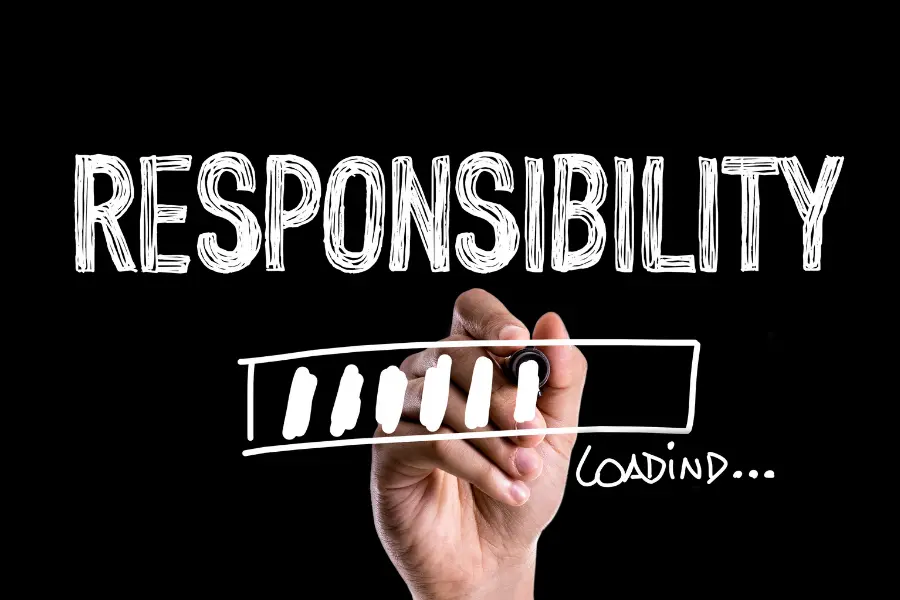It’s never easy to lose a loved one, and navigating the complexities of managing their estate makes it even more difficult. Death administration can be overwhelming, especially when you hear stories about how long it can take and how many people struggle to finalise an estate.
In England and Wales, where a will exists, the person managing the deceased’s estate applies to the court for probate (the jurisdiction to handle the estate). When this is approved, they get to be the executor of the Estate.
Though being an executor of a loved one’s estate is difficult, it is necessary to manage their assets following their wishes while protecting and distributing their belongings equally.
This is where executor insurance comes in handy, as is that it protects the administrator and any beneficiaries against any claims that may arise after distribution has occurred.
Here are some top tips on how to manage an estate following the death of someone:
Know the Responsibilities

According to the laws where the deceased lived, an executor is legally entrusted with the final administration of the deceased’s estate (also known as the decedent’s estate).
An executor is in charge of everything from acquiring a copy of the will and filing it with the probate court to interacting with beneficiaries, creditors, and professionals who can assist with the estate.
Following the death of a person, executors will predominantly have 12 months in advance to prepare themselves to distribute the estate.
Communication and organisation are essential
You will have to liaise with officials, lawyers, accountants, real estate agents, and, of course, the beneficiaries. Therefore, it is an essential priority that you have superb communication skills.
You need to be organised and keep detailed records of all communications with anyone involved in the estate’s administration, and you need to safely keep hold of the multiple death certificates – possibly between five and ten – that are required as part of the entire estate administration process.
Arrange the burial or funeral
Nobody enjoys attending these, but they do cost money. As an executor, you should be on hand to help support friends and family of the deceased person and provide any help they might seek regarding paying the funeral costs.
There is always pressure to ensure that there is a good send-off for the deceased person, so
you might have to help the person who is organising the funeral service as there are many aspects to deal with, such as arranging the time of the funeral service, knowing who will provide a eulogy, and sorting out the wake.
Who needs to be notified after a death?
The next of kin should be notified as soon as possible after a death. Other family members and close friends may also need to be notified.
The funeral home or mortuary will usually take care of this, but it is always best to check with them, to be sure. Sometimes, it may be necessary for the police or coroner to notify the next of kin.
Additionally, you will have to notify different entities as soon as possible and notify them that the deceased individual has passed away.
You can contact the Death Notification Service, which is a free service that enables a variety of building societies and banks to be notified about someone’s death, such as Barclays, Lloyds, and Halifax.
Conclusion
These are some things you should keep in mind when you are taking on the role of an executor. It is an enormous responsibility, but with the right planning and organisation, it can be manageable.


